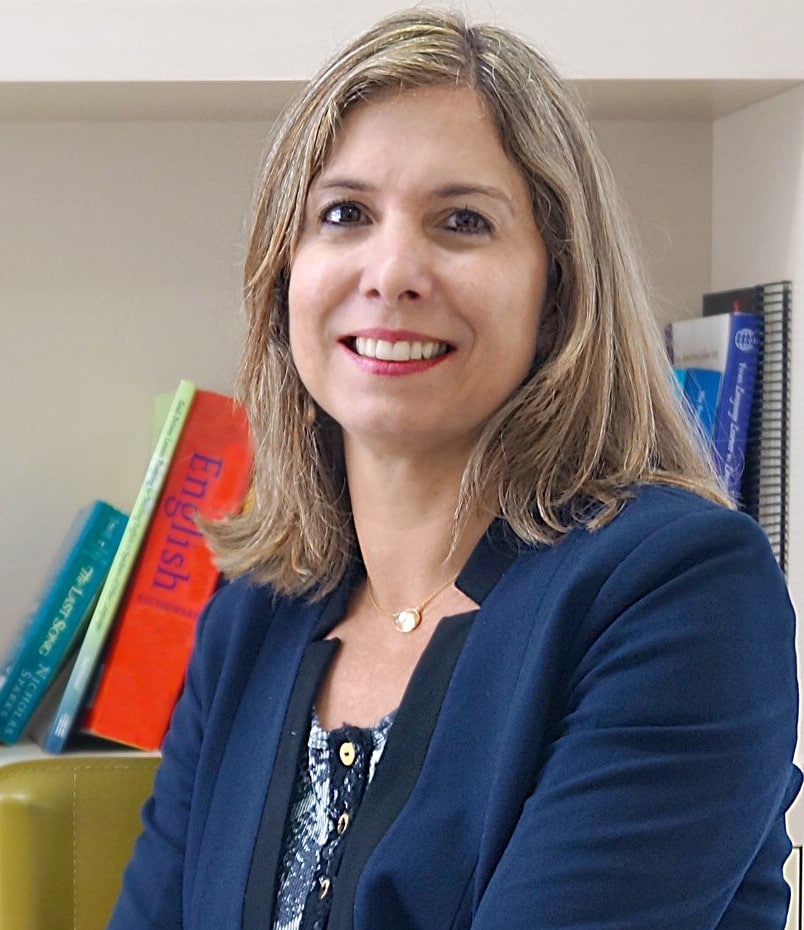Language Development: A short self-study guide for teachers
“A teacher who loves learning earns the right and the ability to help others learn.”
― Ruth Beechick, An Easy Start in Arithmetic, Grades K-3
In my last post, I talked about writing. The reason why I wrote about it is because I write, and writing is my journey into the core of the English language. The more I write, the more I learn about collocations, spelling, and how words are combined to form sentences. I also learn how words can impact one’s understanding and how they can persuade, motivate, inspire, and invite people to reflect and act upon things. Ultimately, I learn by doing.
I’m a non-native speaker of English and don’t live in an English-speaking country, either, so for me, writing is a way for me to keep in touch with English. Chatting online, reading, watching TV series and movies are also incredible ways to practice English. I have already mentioned their importance in previous posts, but what I’ve never written about is how teaching helps me learn new things. Having said that, this post is about learning and how teachers can continue to learn English even when they’re busy teaching a class.
I teach all levels and all age groups. Teaching higher levels and exam practice classes surely encourages us to study the language we are going to teach. However, most teachers would say that teaching lower levels doesn’t help them improve their vocabulary or grammar because the language is too basic. So, how can we keep on learning even if we only teach lower levels?
- Study the target language no matter how simple it looks
I have observed several beginner classes and I have noticed that many teachers don’t go to the trouble of preparing to teach the language because they assume it is all too easy. Well, they couldn’t be more wrong. The simple past of the regular forms takes an -ed ending, right? Yet, I have seen teachers ignore simple pronunciation rules and mispronounce the -ed forms; I have seen teachers teach ‘funner’ as the comparative form of ‘fun.’ Language is never obvious even if you are a native speaker. Do you pronounce ‘on’ and ‘own’ in the same way? It’s time you considered studying pronunciation basics. Even beginner level lessons demand preparation. It all starts during lesson planning, so we can get rid of fossilized mistakes by revising simple rules and by doing research.
- Pay attention to how other people speak and write
I have observed how teachers talk with each other in English in the teachers’ room. I also talk with other teachers in English. Sometimes we have a chance to interact with English speakers or speakers of other languages in English. Here is a wonderful opportunity to practice our conversational English. I also see it as a great opportunity to pay attention to how they speak. It isn’t about judging other people’s English. It is about learning from our colleagues. I have observed that some teachers continue to make a mistake despite having heard their colleague say it right several times during the conversation, perhaps as an attempt to help them. Yet, many teachers don’t respond to that; it seems they are not attending to form. The same principles of pair work can be applied here: We can learn from each other. All it takes is a bit of curiosity and awareness.
- Variety is the spice of language
Expose your students to different accents and varieties of English. Even beginner students should be exposed to different varieties. Learn together with them. There are several videos on YouTube that show how you can speak with different accents. Show them a snippet of Billy Eliot, a British musical drama set in northern England and observe how they pronounce simple words such as ‘don’t’ and how they say longer stretches. Select sentences they can understand and focus on intonation and pronunciation. Select other sentences and pay attention to the vocabulary, too. Let go of the idea that there is only one ‘acceptable’ variety of English in your classes. Play with the different sounds of English with your students. You’ll learn a lot!
- Your Facebook friends can be your teachers
PLNs (Professional Learning Networks) and online friends can be a great source of language. If you are reading this post it means that you’re very likely to be on social media. Use twitter and Facebook posts to your advantage and observe how people are communicating in English. What words and expressions are trending? Borrow these words and expressions from your friends and use them in your classes. Encourage your students to use them, too. Simple as that.
- Check your spelling, your grammar, and your vocabulary
Sometimes we need to write a word we aren’t very familiar with on the board; sometimes we need to check our students’ spelling when we are grading compositions. Do you check your spelling and your grammar? Do you look up words in different sources just to check if something a student said or wrote is used in that context? Do you ever wonder when we can use ‘a vacation’ instead of ‘vacations?’ Do you try to push your beginner students beyond their course book vocabulary and grammar by exposing them to synonyms and new expressions? By doing that, you’re also pushing yourself beyond your level.
My English isn’t flawless, but I give myself short-term goals which involve learning from my environment. One of the biggest pitfalls of being a teacher is that we take English for granted just because we teach it. Each day represents a new chance to enhance our ability to learn and to help others learn as well, and these steps could be just the beginning. Language development is in your hands, so it’s up to you to decide what steps to take next.






